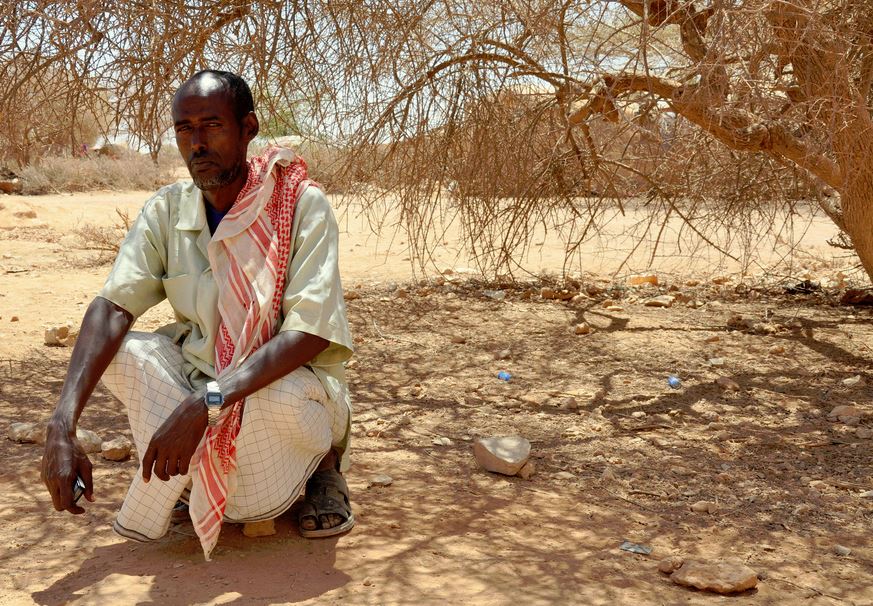In the midst of record-breaking floods in the UK, the National Meteorological Office has announced this week that it has secured £1 billion to develop a supercomputer that forecasts the impacts of severe weather events.
As extreme weather patterns are becoming every-day news, a mounting body of evidence paints an increasingly dire picture of the present and future impacts of climate change. As a result, governments, NGOs, businesses and citizens are increasingly relying on data to foresee the loss and damage climate change can cause.
At least half of the world’s crises are predictable, and yet many actors act as if they are a surprise when they do occur. Disaster risk financing enables humanitarian actors to be better prepared for these events. We use scientific data to quantify the risks of disasters, prepare the activities in advance of crises, and ensure that the money is already available to fund these activities when a crisis is predicted. This holistic approach assesses context-specific hazards and allows humanitarians to deliver timely and predictable assistance to communities who are on the frontline of the battle against climate change.
So, how does the Start Network do this?
- In July 2019, Start Network purchased insurance to protect 200,000 people in Senegal against drought. In early 2020, after a severe drought was predicted by African Risk Capacity (ARC), the Start Network, alongside the Government of Senegal received large insurance payouts which provide life-saving assistance to more than 200,000 people and help mitigate the effects of the drought before they are felt by the community.
- In Madagascar, Start Network members are also working to model and forecast drought to enable agencies on the ground to access pre-agreed funding and act in advance of disasters.
- And in Pakistan, the Start Network agencies are working to develop a disaster risk financing system that will model multiple hazards including drought, heatwaves and floods. Acting early on these hazards will bolster resilience and protect development gains made in-country.
In contexts where such systems have not been developed and put in place in advance of risk season, the Start Fund Crisis Anticipation offers an alternative option that agencies can use to act in advance of hazards and mitigate, or in ideal cases, stop a crisis from manifesting. In addition, in 2020 the Start Network will be developing the Start Financing Facility which will be an overarching financial infrastructure for the Start Network that enables earlier, more predictable, and more effective humanitarian action.
We are part of a growing global movement focussed on early action and disaster risk financing which evidences and showcases how this approach can ultimately save lives and reduce human suffering.
Learn more about Anticipation and Risk Financing.
The Start Fund is collectively owned and managed by Start Network’s members, and supported by the governments of the United Kingdom, Ireland, the Netherlands, Germany, Jersey and the IKEA Foundation.

